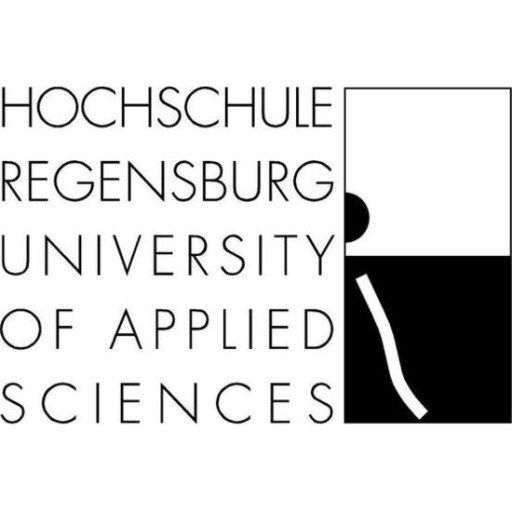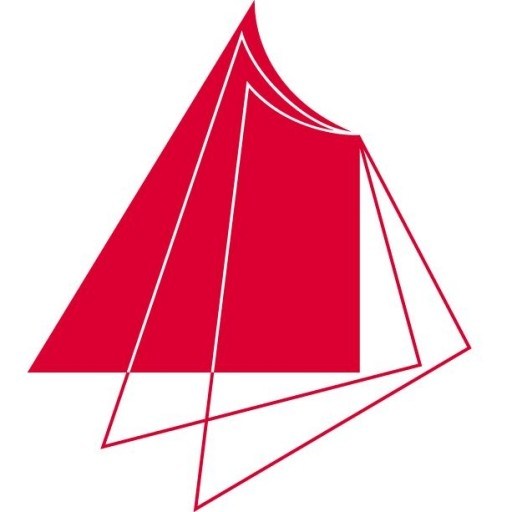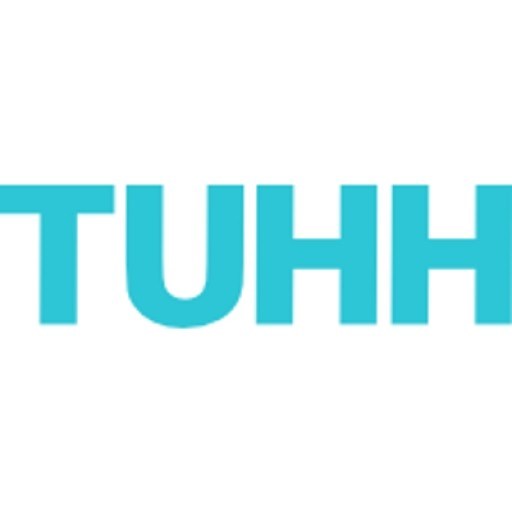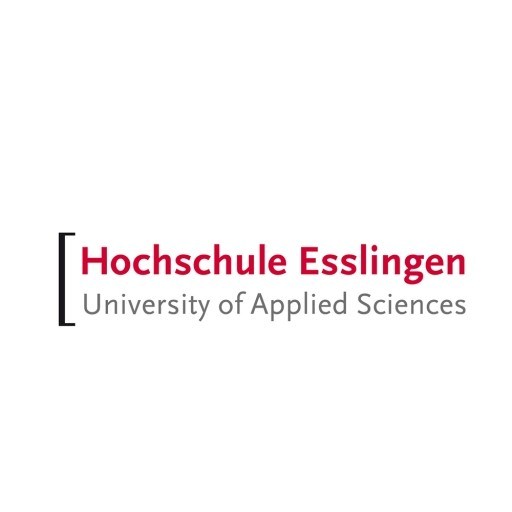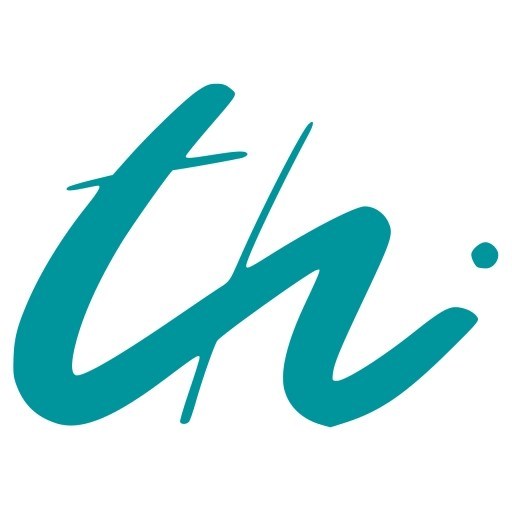Photos of university / #unifreiburg
The Master of Science programme in Microsystems Engineering (MSE) is offered by the Department of Microsystems Engineering (IMTEK) at the University of Freiburg. This two-year, English-language programme is designed for highly qualified graduate students who have a Bachelor's degree in Engineering or Science and are looking for advanced training in one of the most dynamic and interdisciplinary fields of engineering.
Microsystems, MEMS, or micromachines - there are many names for an exciting discipline of engineering which combines expertise from areas as diverse as electrical engineering, biology, manufacturing technology, and chemistry and thus allows engineers to conceive highly miniaturised, multi-functional systems with capabilities limited only by their imagination. Retinal implants to help the blind to see; a clinical blood analysis laboratory on a micro-chip; autonomous optical systems for imaging inside the body - these are just a few examples of the roles microsystems will play in all of our lives.
The four semester programme, taught at one of the world's top academic microsystems research departments, combines extensive course work in advanced Microsystems Engineering with a concentration in two of seven sub-disciplines, ranging from Materials to the Life Sciences. The required Master's thesis will be based on project work performed directly in a professor's research group, giving the graduate extensive, hands-on experience using the state-of-the-art microsystems infrastructure at IMTEK.
Microsystems, MEMS, or micromachines - there are many names for an exciting discipline of engineering which combines expertise from areas as diverse as electrical engineering, biology, manufacturing technology, and chemistry and thus allows engineers to conceive highly miniaturised, multi-functional systems with capabilities limited only by their imagination. Retinal implants to help the blind to see; a clinical blood analysis laboratory on a micro-chip; autonomous optical systems for imaging inside the body - these are just a few examples of the roles microsystems will play in all of our lives.
The four semester programme, taught at one of the world's top academic microsystems research departments, combines extensive course work in advanced Microsystems Engineering with a concentration in two of seven sub-disciplines, ranging from Materials to the Life Sciences. The required Master's thesis will be based on project work performed directly in a professor's research group, giving the graduate extensive, hands-on experience using the state-of-the-art microsystems infrastructure at IMTEK.
Educational organisation
The first year of the programme is very demanding. According to the recommended study plan, the MSE students complete the following foundation courses:- Microelectronics
- Micro-mechanics
- Micro-optics
- Biomedical microsystems
- Micro-actuators
- Micro-fluidics
- Sensors
- MSE Technology and Processes
- Assembly and Packaging
- Dynamics of MEMS
- Signal Processing
In the second year, elective courses will be chosen from two of the following sub-disciplines:
- Circuits and systems
- Design and simulation
- Life sciences: Biomedical engineering
- Life sciences: Lab-on-a-chip
- Materials
- MEMS processing
- Photonics
- Sensors and actuators
In the last semester, each student works as a member of one of the 18 research groups at IMTEK, with full access to laboratory and cleanroom infrastructure to do their final project. The Master's thesis requires project planning, experimental work, theoretical analysis, and presentation of the results.
Module formats are: lectures, discussion sections, laboratory courses, thesis project.
Forms of assessment
Grading: each module may require exams - written or oral - problem sets, laboratory reports or presentations and will be awarded an ECTS grade.Course objectives
After graduating from the Master's programme, the microsystems engineers will have gathered graduate-level knowledge in highly advanced microsystems in a broad spectrum of application areas, which will enable them either to start a career in industry or to pursue research work in a scientific environment.Language requirements
The Master of Science programme in Microsystems Engineering is designed for German and international students and is taught in English. For non-native speakers of English, a TOEFL or IELTS score or Cambridge Certificate is required to assure sufficient knowledge of English to complete the programme.The required scores are: TOEFL 580 (paper-based), 237 (computer-based), 92-93 (Internet-based), IELTS 6.5.
Whereas the existence of an internationally diverse community in the IMTEK implies that much interaction in the research groups and laboratories takes place in English, Master's students are encouraged to learn German in order to enable them to fully participate in the academic and social environment we offer.
Academic requirements
All applicants must have a Bachelor's degree in engineering or science with an excellent CGPA or final grade.To apply for the Master of Science programme in Microsystems Engineering, please register to the online application portal on our website, enter your data, print the PDF form, and send it by mail along with the following documents:
- a certified and (if necessary) translated copy (German or English) of your undergraduate diploma. If you have not yet completed your undergraduate studies, a certified transcript of records is sufficient
- a certified and (if necessary) translated copy (German or English) of your grade transcript.
- proof of English proficiency (TOEFL, IELTS or Cambridge Certificate)
- GRE score (strongly recommended)
- curriculum vitae or résumé
- personal statement of intent
- at least one recommendation letter from a university professor using the form on the course website
- APS certificate (for Chinese and Vietnamese applicants only)
Enrolment fees
Approx. 150 EUR per semester, including student fee, administration fee, and contribution to the student representationCosts of living
Participants must make sure in good time that sufficient funds are available to finance their participation in a course of study. The average cost of living in Freiburg for one month is currently approx. 800-900 EUR. Some details:- Student accommodation costs approx. 280-450 EUR (monthly).
- Private expenses amount to around 350 EUR (monthly).
- Health insurance is available for approx. 45-90 EUR (monthly).
- Transport: A special student fare for regional transport costs approx. 89 EUR (per semester).
Job opportunities
Outstanding students may easily find opportunities to work as a tutor or researcher inone of the laboratories of the department.
Funding opportunities within the university
Each year, the Faculty of Engineering offers performance-based partial scholarships of 2,400 EUR per year and student to five of the best applicants for the Master's programmes.http://www.tf.uni-freiburg.de/studies/services/financialaid/crs-en
Arrival support
Orientation weekThe week before the beginning of the winter semester is dedicated to events which help new students find their way around the campus, the university and the city of Freiburg. The events also serve to introduce the students to each other, so that networking can begin early. Tutors accompany students to the immigration office and help them with all administrative matters. Guided tours of the campus and other important facilities are also offered.
Programme coordinator:
Once you have applied for the programme, the coordinator will get in touch with you to help you prepare for your stay in Germany, find accommodation, register at the university and answer your questions.
Mentoring:
Each student is assigned to a professor who acts as his personal mentor throughout the studies.


